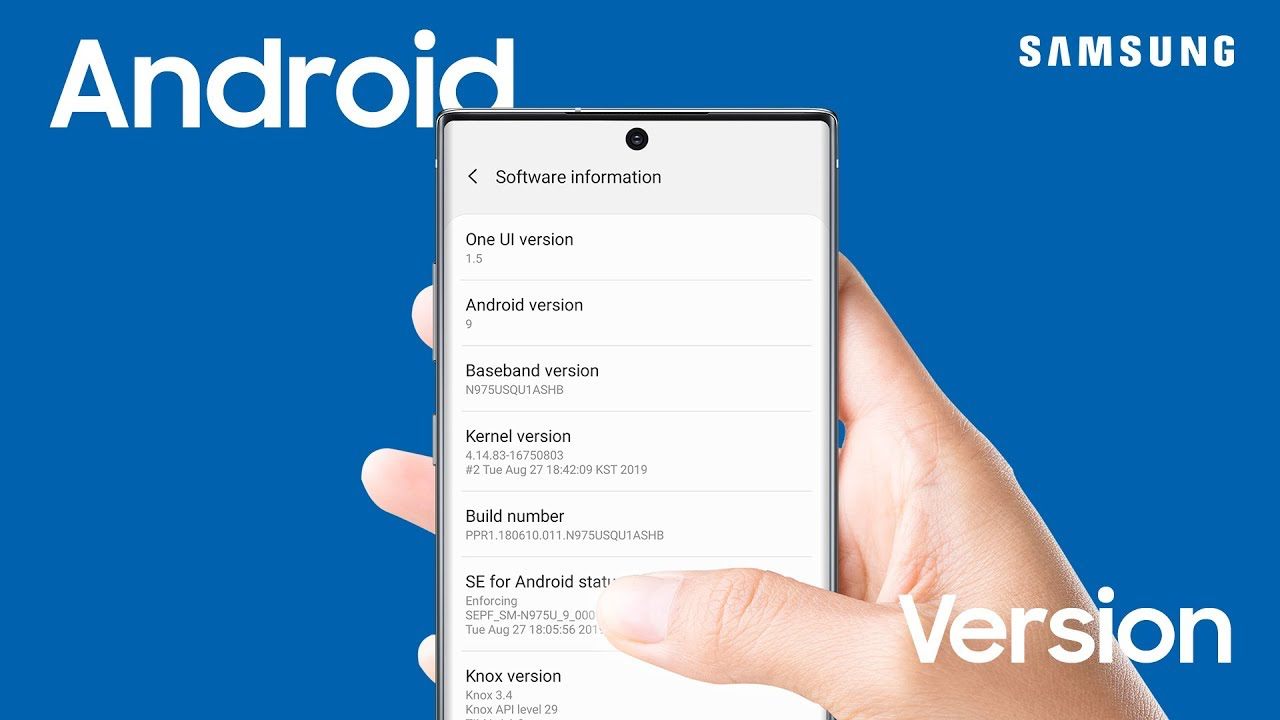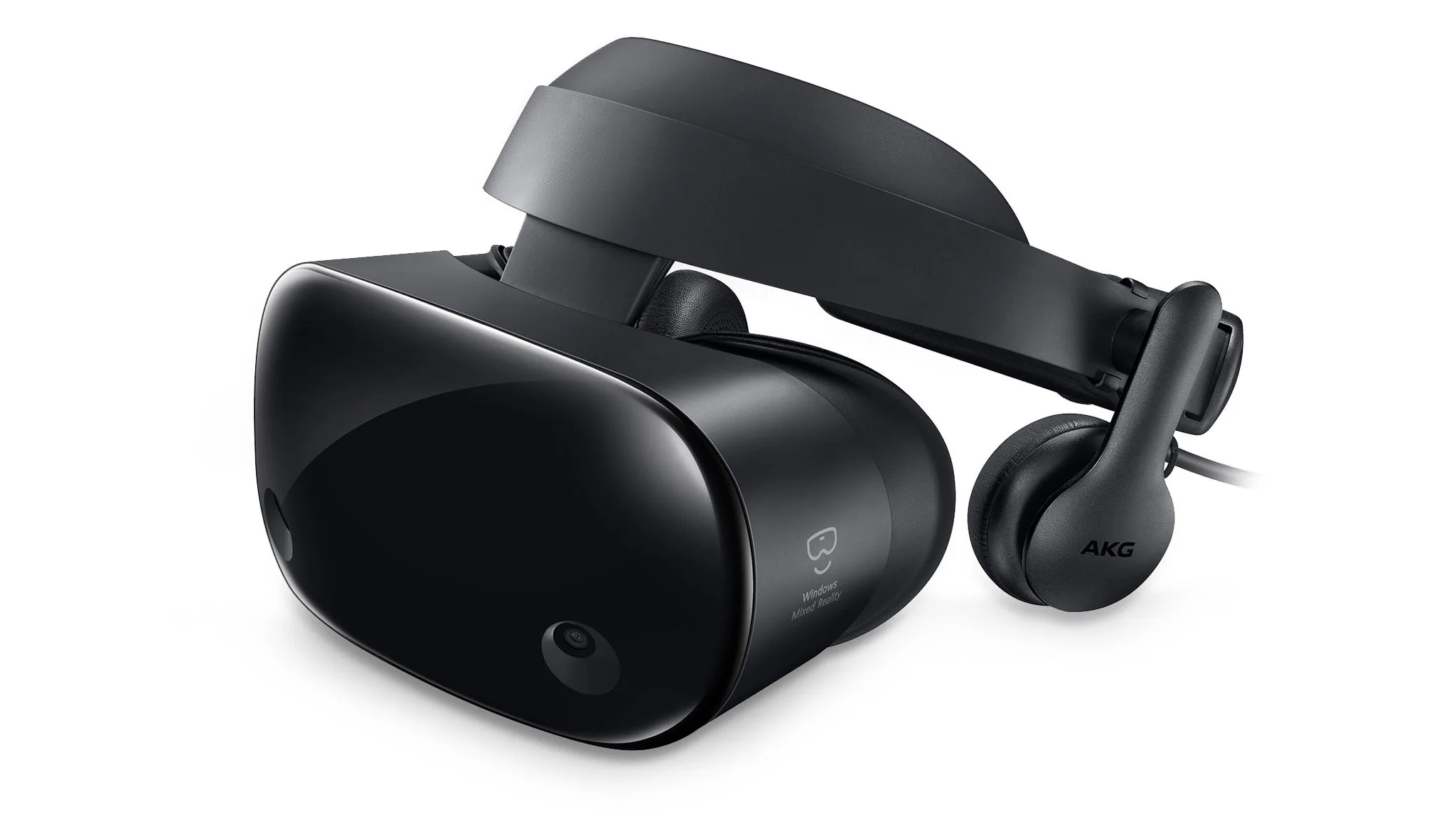Tech
Worst to Best Update Policy- Samsung now surely is a ruler in the Android World

South Korea-based multinational tech company Samsung has seen numerous ups and downs in the previous years. From being the worst and most negligent update provider in the past to becoming the Android World leader in this league, Samsung surely came a long way. Samsung is now in that place where its current update promises are being adapted by other manufacturers like OnePlus as well. It clearly shows that the South Korean firm has now reached a position where being beaten up by any other is too challenging.
It is not hideous that Samsung once was a very irresponsible update provider and hadn’t sustained a good track record in the past. Previously, Samsung had not been aware of new updates and innovations in its Galaxy devices. But as time passed, the South Korean firm was upgraded and ended up being the ideal for the whole Android World. Samsung was the first who promise a four-generation OS and five years of security updates to its devices.
Earlier than last year, the South Korean company made an announcement regarding its update policy. At that time, the company had promised three-generation OS updates and four years of security updates to its select mid-range and flagship devices when nearly every other OEM was providing only two major OS upgrades. Albeit the company killed this three-year OS update policy last year with its new more-beneficial update policy, Samsung has been leading this race since then.
No one match Samsung’s software update policy
Hardly just after a year of this announcement, the company introduced its new update policy last year. According to this new policy, the select eligible Galaxy device will now be able to get four major OS updates and five years of security updates. Back then, even Google, who is the founder of Android OS, did not promise to take the update policy that far, and neither did the other OEMs. With this irreversible step, the company has left no choice to its rival Android provider other than to walk in its footsteps.
OnePlus also joins the same but?
After all, the Chinese manufacturer OnePlus has recently announced the same policy as Samsung. Now One Plus also tends to deliver four major OS and five years of security updates to its select devices. However, the manufacturer still hasn’t cleared which of its devices are lined up to join this update category. Apart from Samsung and OnePlus, leaving the other OEMs on the side, even Google has not taken this step this far and currently promised only three major OS updates for its Pixel phones. Hence, it proves Samsung has now been the best update provider across the Android industry.
Gratefully, this update policy generated by Samsung may also be helpful with environmental perspectives. As the manufacturers now will deliver more updates to their devices, there is no longer the need for replacements. Because the users will get newer service in their old model devices too, there may be no need to change the phone in a short span; consequently, it will reduce the amount of e-waste, which will be satisfactory for the environment.
Tech
Google Pixel 9, Fold 2, and Pixel Tablet Rumored to Receive New Samsung Modem with Satellite Connectivity
Google is setting up to introduce its next-generation Pixel devices, including the Pixel 9 lineup, Pixel Fold 2, and Pixel Tablet, all of which will arrive with a new cellular modem.
Google, with its Pixel 7 series, has already jumped on Samsung modems from Qualcomm modems for their Pixel devices. This change corresponds with the Exynos base of the Tensor Processor by Google. Whereas the new modem is sufficient, it has issues with weak signal conditions and also consumes enough battery power.
Now, Google is gearing up to power the forthcoming Pixel 9 and other devices with an upgraded modem. The reports say that a few modem upgrades will arrive in the Pixel 9 series and will bring some essential upgrades, of which satellite connectivity is the most noticeable.
However, that modem, which will be a part of Tensor G4, will still be provided by the Korean brand ‘Samsung’, and the new generation is signified as 5400, up from the 5300 coupled with Tensor G3.
It is expected that the forthcoming Pixel Fold 2 and a new 5G Pixel Tablet nicknamed ‘Clementine’ could use the same modem as the Pixel 7 and 8 series. If the expectation comes true, then this will be the first Pixel Tablet with cellular connectivity.
Pixel devices are getting a modem upgrade with the new 3GPP Rel. 17 standard, authorizing satellite connectivity for emergencies. At the moment, it appears that improvements are being made, but hardware changes are not clear yet. The satellite SoS through the “Satellite Gateway” application will be merged with the Emergency SOS; users will also have to answer questions about the situation, choose to notify contacts, and send messages to emergency services.
The questions, which may have multiple-choice answers, are mentioned below:
- What happened?
- [Are you, are they, or is everyone] breathing?
- In total, how many people are [missing or trapped]?
- What best describes your situation?
- What is on fire?
- Are there weapons involved?
- What type of vehicle or vessel?
- Do any of these apply?
It is expected that Google could shift to a TSMC-produced Tensor chip in 2025, but it’s yet to be clear whether the brand will change modems at that point. Tensor G4 is, beyond this modem, expected to be a relatively minor change.
Tech
Google Promises AR Announcement At I/O That Could Include Samsung’s Next XR Headset

Google is all set to hold its annual I/O conference next month on May 14, 2024, at 10:30 PM IST in India, and is expected to get to hear more about Google’s Android XR since it has been promised “AR announcements” in a recent tweet.
Android XR (Extended Reality) is a term that refers to AR (augmented reality), VR (virtual reality), and MR (mixed reality), and it is the operating system Google has been working on for Samsung’s forthcoming XR headset. The Korean giants revealed last year that they are working on their own XR headset and collaborating with Google on the software.
Undoubtedly, Samsung Galaxy smartphones and laptops are the tough rivals of Apple’s iPhone and Mac, and the same expectations are from this headset that it will also take on the Vision Pro. Since people are already familiar with it, the Android-based operating system will surely make application development for Samsung effortless.
A post by X shared by the official handle of Google AR and VR unveiled that “Mark your calendars. Join us at #GoogleIO on May 14th to learn about the latest developer products and #AR announcements!”
VR has been mostly a recess for hobbyists; as per the Steam surveys, only a small percentage—nearly 2% of the player base—actively uses VR headsets. This means that out of 132 million users, there are only 2.6 million people who use VR. Somewhere, Apple’s entry into VR has also raised interest, and competition from Samsung’s forthcoming headset could be a trendsetter.
Google appears to be making a move to solidify Android XR’s position as the OS of choice for XR headset manufacturers. A couple of weeks ago, Google tried to get Meta to switch to Android XR, but unfortunately, the request was denied.
Tech
Google Actively Working on Custom Chip For Pixel 10
Google is making an efficient change by using a custom-designed CPU in their Tensor chip, initially starting with the future Pixel 10 smartphones.
Google’s previous Tensor SoC relied on a CPU from Samsung’s in-house Exynos, but that is expected to change soon as it is already proving its capability of doing this. Finally, Google has its first CPU based on ARM architecture; however, that is not an SoC for the Pixel range yet since it’s for AI cloud applications.
Axion Marks the Company’s First Custom ARM CPU Design
The aim behind this major change with the Pixel 10 is to replace Samsung’s Exynos CPU, which was used previously. For this step, its past success is building confidence in this move. Also, with this chipset, Google is ensuring industry-leading performance and efficiency in data centers. It is expected that Google can also develop its CPUs, and Axion is probably already being used.
Google is powering the Pixel 9 with the Tensor G4, which is not yet significantly different from the G3 and its predecessors. It is reported to be based on the 4nm process of Samsung and could offer upgraded power efficiency as well as heat management.
It is expected to be released in the second half of the year. It could feature a 6.0-inch display along with a refresh rate of 120 Hz and a 1080 x 2400 pixel resolution. The camera setup could include a 50MP, an 8MP dual rear, and a 12MP selfie camera. The battery package may count 5100 mAh.




